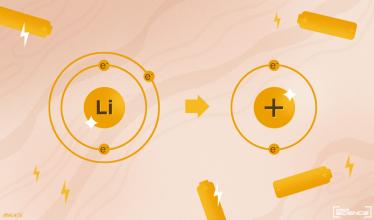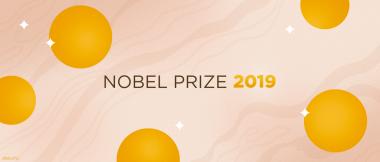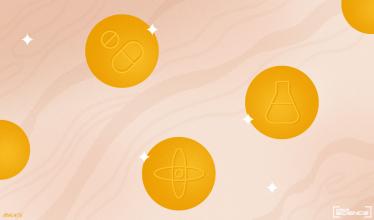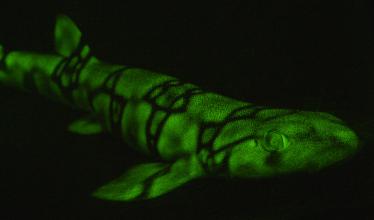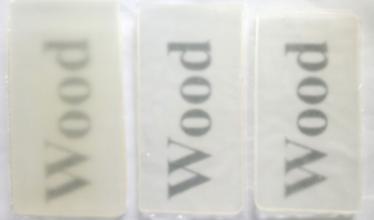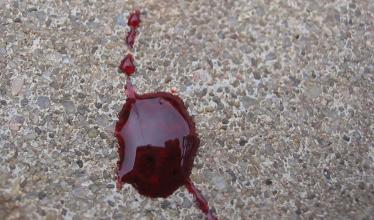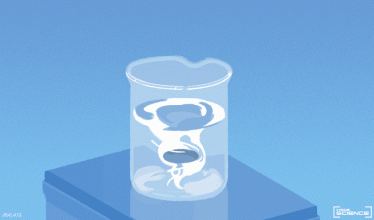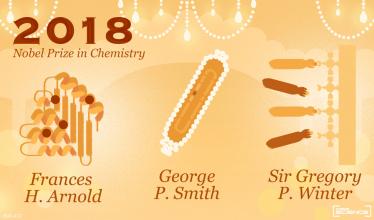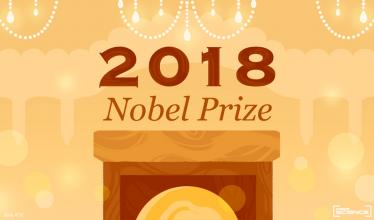Chemistry
Scientists found that some early commercial lithium batteries held up pretty well after about 35 years in storage.
The rechargeable, lightweight batteries revolutionized the way we power a host of devices.
Beginning early Monday morning, Inside Science will cover the three most anticipated science prizes of the year.
These significant advancements could win the Nobel Prizes in physiology or medicine, physics, and chemistry.
Newly discovered family of fluorescent molecules explains how two kinds of seafloor-dwelling sharks glow.
Researchers use a more environmentally friendly approach to make larger see-through wood panels than before.
Scientists have designed a new material that gets stronger after a "workout."
Heat-tolerant prehistoric enzymes might help produce valuable chemicals and biofuels.
As Halloween approaches, stage blood takes the spotlight and chemistry tricks can treat viewers.
The operating principles of ordinary magnetic stirrers may help create better microfluidic pumps for applications ranging from inkjet printing to drug delivery.
The 2018 Nobel Prize in chemistry will go to Frances H. Arnold, George P. Smith and Sir Gregory P. Winter for research on enzymes, peptides and antibodies.
Beginning early Monday morning, Inside Science will cover the discoveries behind the three most anticipated science prizes of the year.


